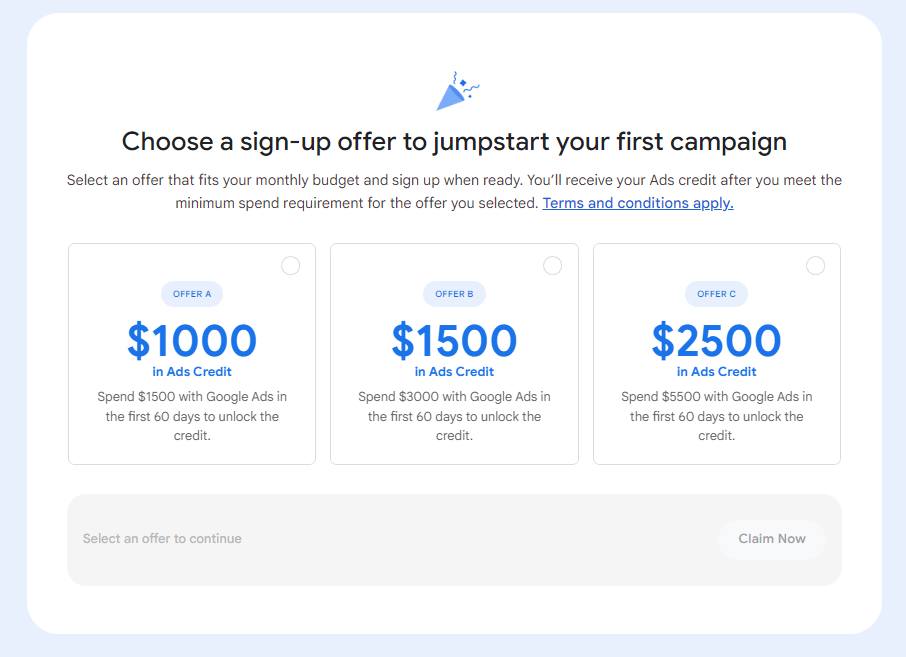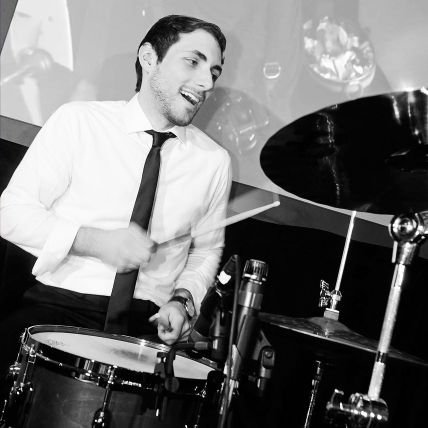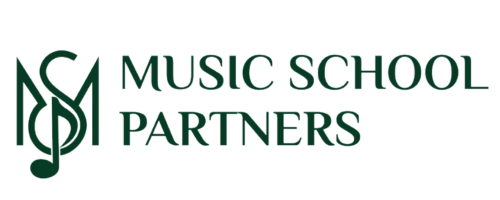A Faster Option
Bringing in new students is one of the biggest challenges for music schools, and Google Ads is one of the faster ways to generate leads—when done correctly.

In this guide, we’ll walk through the most important factors to consider when using Google Ads for lead generation, including market competition, targeting strategies, post-click experience, and the role of conversion tracking.
Why Google Ads? Understanding the Competitive Landscape
Google Ads gives your music school immediate visibility when potential students search for lessons. Unlike social media ads, which target people based on general interests, Google Ads focuses more on high-intent users—people already searching for specific lesson types, when they are ready to make a decision.
However, competition and costs vary widely by location. A budget that works well in one city may not go as far in another. For example:
- A smaller suburban area with fewer schools might have a lower cost per click.
- A major metro area with franchises like School of Rock or SuperProf bidding aggressively could drive costs higher.
- Wealthier areas may have a higher cost.
Rather than focusing on cost per click, the real priority should be cost per lead. How many leads can be generated and at what cost?
Setting expectations is a must when you approach Google Ads, especially if you have not gotten a sense of your market yet. Given the cost variance, it is important to make every single click work for you.
Google Ads Promo – This is available to all new advertisers! Let us know if you need help getting an account set up.

Setting Up Google Ads for Your Music School
Choosing the Right Campaign Type
For most music schools, Search Ads are the best choice. These appear at the top of Google search results when someone searches for lessons.
Display Ads are generally not recommended because the traffic quality is harder to control. While display ads can be effective for retargeting, they often result in wasted budget and have been attracting a lot of bot activity in later years.
Selecting the Right Keywords
Keyword selection is a major factor in success. Based on experience, here are the best and worst keywords for music schools:
Best keywords for music schools:
- “piano lessons near me”
- “voice lessons for kids”
- “drum lessons near me”
Keywords to avoid:
- “free music lessons” (attracts unqualified leads)
- “best music school” (unclear, competitive and expensive)
- “how to play scales” (too broad, not enough intent)
Using Google’s Keyword Planner helps balance search volume, competition, and cost.
The Post-Click Experience: Where Many Schools Fail
Many schools focus on tweaking ad copy to make it “perfect” but overlook the most critical part—what happens after someone clicks!
Around 80% of website traffic will visit on a mobile device, so the landing page must be optimized for that experience, as well as serve the user.
A great landing page should include:
- Fast load speed (Google penalizes slow pages)
- Logical informational layout
- Clear contact options
- Clear call-to-action
- Social proof (Google reviews, testimonials, awards)
- Unique value proposition – why should a parent choose your school!
If a visitor doesn’t convert immediately, they may search for your school name before deciding. A strong Google Business Profile and positive reviews improve credibility and can enhance your conversion rates – even if not in the same search session.
One of the biggest mistakes schools make is sending ad traffic to poor pages that are unclear and force parents to read walls of text.
Smart Targeting: Who Sees Your Ads?
If your area has 30 other music schools within an eight-mile radius, stop and think. Where does it make the most sense to use your budget? Know your market.
Best practice for smaller budgets:
- Focus ads within a smaller radius or target by ZIP.
- Only expand targeting if the budget allows or if visibility is too low.
Conversion Tracking
If you’re not tracking conversions, you’re flying blind.
Google Ads optimizes over time by analyzing who clicks your ads and who actually converts (fills out a form or calls). Without conversion tracking, Google cannot learn what is working.
Why this matters:
- Google can tell if someone has been searching for “piano lessons” for weeks.
- Google knows if someone recently looked up “buying a guitar” (potential new student).
- Google understands how proximity to your location may impact conversion rates.
Reach out if you need help with conversion tracking.
Final Takeaways: Winning with Google Ads
Running successful Google Ads for a music school isn’t just about getting clicks—it’s about turning those clicks into student enrollments.
Key Takeaways:
- Search Ads are the best choice for high-intent leads.
- Focus on cost per lead, not just cost per click.
- A well-designed landing page is critical for conversions.
- Targeting settings are key.
- Conversion tracking is essential for understanding results.
Music schools that invest in their website, Google Business Profile, and overall online presence before running ads tend to see the best results. A well-structured campaign combined with a strong post-click experience can help smaller neighborhood schools compete with larger franchises and directories.
Google Ads can be a powerful tool for music school growth, but success comes from strategy—not just ad spend. If you need help setting up or optimizing your campaign, exploring the right approach can make all the difference.
Meet Ray
Ray has managed millions in music school marketing budgets for a range of performing arts schools across the entire United States. His passion is helping school owners find their true value proposition and generate visibility in their communities.


